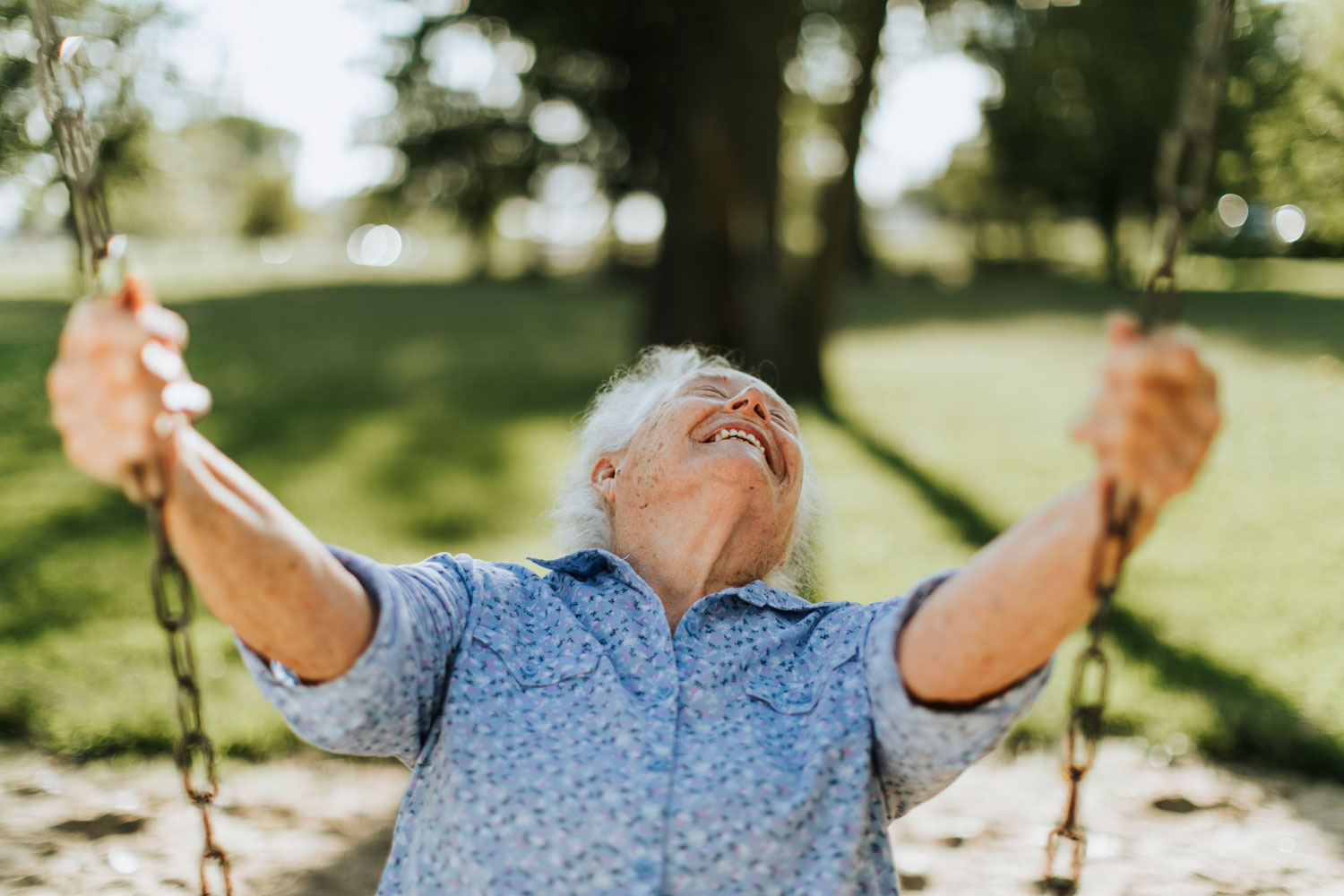Growing Young, Instead of Old

It turns out you can slow your biological clock, maybe even turn back time.
Ponce de Leon sailed all the way across the Atlantic looking for the Fountain of Youth. When he got to Florida, the natives said, “Fountain of Youth? Uh, yeah. Sure. It’s thataway.”
Spoiler: He didn’t find it.
Lots of people look for some magical, external solution to growing old. (Right now, a recent startup is touting infusions of young people’s blood for old folks to rejuvenate their energy and appearance. The FDA weighed in fast: Bad idea. Bad. Bad. Bad. Doesn’t work. Could hurt.)
They’re looking in the wrong place.
There are ways to turn back the clock, or at least slow it down, as Dr. Karen Koffler, an integrative functional medicine practitioner at the University of Miami Health System’s Osher Center for Integrative Health, can tell you. But they don’t involve a magic potion. Or snake oil.
“People always want a quick and dirty way of getting to their goals, no matter what it is,” she says. “And it’s the same with health. But I don’t think anything’s ever going to surpass what they eat, how they move, how they sleep and the sense of purpose and meaning that they’ve developed in life.”
Put on your dancing shoes, go for a walk.
“Movement every single day is intrinsic to the human design,” she says. “Now I don’t believe it has to be CrossFit every day of the week. But I do think low-level chronic movement that you could get through stand-up desks or that you get from walking. We see that walking communities are healthier communities.”
And, yep, there are bonus points for hitting the gym. But you don’t have to go crazy about it.
“I do think we were also designed to work really hard at times. What I try to tell my patients is, twice a week, do an intense workout.”
Eat right, eat colorful
That means watch your weight, and watch what you’re eating. Dr. Koffler says not overeating is key, but so is mixing in a variety of fruits and vegetables — colorful fruits and vegetables. Not just greens. Blues and oranges, yellows and reds.
And, there’s a growing body of evidence that says not just what, but when you eat, matters.
“All the studies that have been done on calorie restriction, whether it’s in fruit flies or worms or yeast or mice, they all show a longevity-promoting effect. There’s intermittent fasting, there’s time-restricted eating,” she says.
Relax … seriously.
In other words, give yourself a break! Let go of the stress. And add some meditation into your day, whether it’s breath awareness, mindfulness, or yoga. Whatever works for you. Studies show it reduces your risk of heart disease and high blood pressure.
And, above all, sleep.
“I think most of us don’t realize that we don’t get adequate deep sleep. It’s really the deep sleep that’s the regenerative phase of sleep. Each phase has its job, but deep sleep is when you’ll see growth hormone being released, which is reparative. The brain sort of swells during that time. And in so doing, it cleanses itself out. So it gets rid of that like amyloid plaque, which is what we see built up in Alzheimer’s. Sleep is really key.”
Got it? Do it.
That way, even if it’s too late for you to sing along with Alice Cooper and say, “I’m 18, and I like it,” you can still sing along with Rod Stewart and say, “Forever Young.”
Carlos Harrison is a contributing writer for UMiami Health News. He is a former national and international television correspondent, as well as a newspaper and magazine writer and editor.
Originally published on: May 14, 2019
Tags: anti-aging, diet, Dr. Karen Koffler, fitness, Osher Center for Integrative Health, wellness
